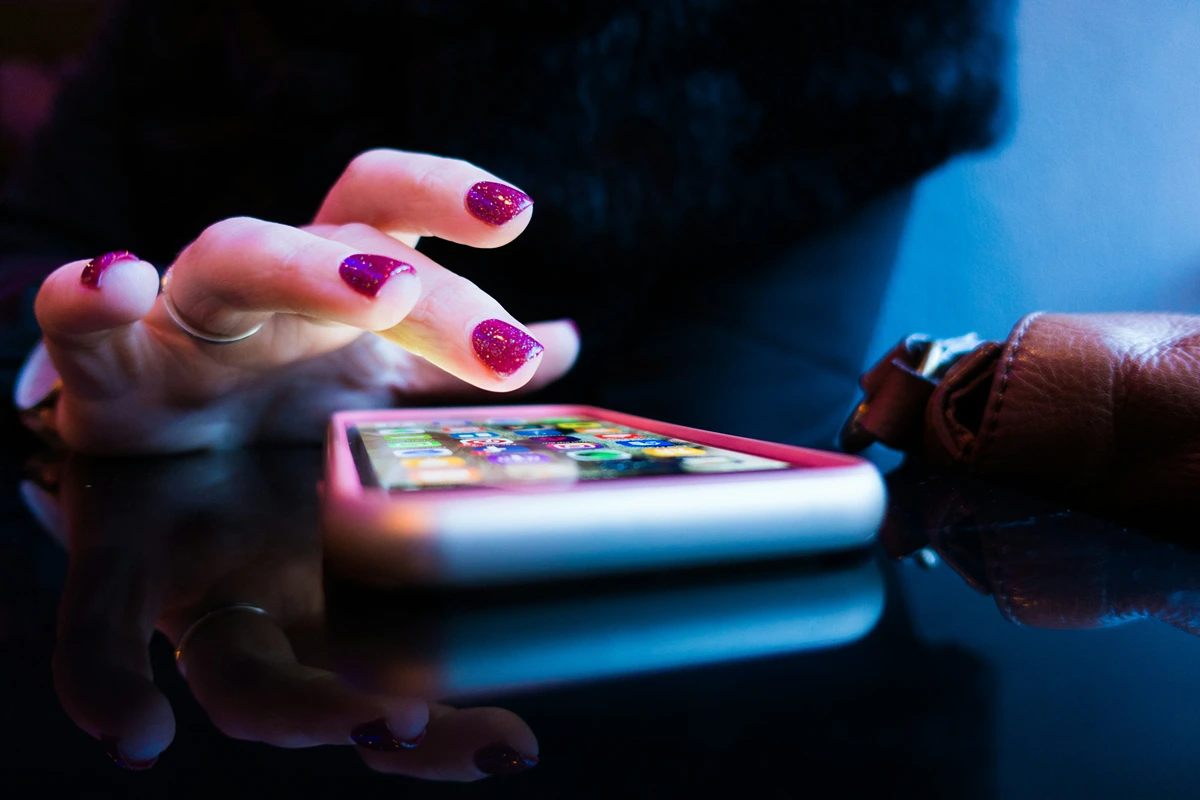Why is Breaking Phone Dependency so Hard?
You pick up your phone to “check one thing,” and—boom—half an hour vanishes. Sound familiar? You’re not alone. Smartphones are “engineered to encourage prolonged engagement” (De Sola Gutiérrez et al., 2016), leveraging the brain’s reward circuitry to keep us tapping for more. Luckily, understanding the possibility of breaking phone addiction gives you the power to change.
Below, you’ll find five evidence based strategies for breaking phone dependency by disrupting the habit loop and giving your brain a mini dopamine detox—all without guilt or judgment.
Why your Brain Loves the Ping
Every phone notification lights up the cue craving response reward cycle. The ping (cue) sparks curiosity (craving), which prompts the tap (response) and ends with a dopamine hit (reward) (Duhigg, 2012). Intermittent, unpredictable rewards—think random likes or unread messages—produce the biggest dopamine spikes (Lembke, 2021), making the habit loop hard to break.
5 Science Backed Strategies for Habit Loop Disruption
1. Track Your Triggers
Spend a single day logging the moment you unlock your phone and the emotion or situation that prompted it—boredom, stress, awkward silence. Awareness of your phone dependency is the first step to change (Duhigg, 2012).
2. Silence “Super Stimulus” Notifications
Intermittent rewards are dopamine detox dynamite (Lembke, 2021). Disable non essential badges and sounds; keep only critical calls or texts. Students who muted notifications cut daily pickups by 40 percent in one week (Schmuck, 2020).
3. Insert a 60 Second Pause
A brief delay from your phone gives the prefrontal cortex time to override impulse (Baumeister & Tierney, 2011). When the urge hits, breathe slowly for 60 seconds, then pivot to an offline micro task—stretching, sipping water, or jotting a note to reduce tech stress.
4. Schedule Micro “Dopamine Detox” Windows
Reducing rapid fire stimulation helps reset baseline motivation (Lembke, 2021). Keep your phone in another room for the first 30 minutes each morning. Young adults limiting social media to 30 minutes a day reported better sleep and less anxiety after two weeks (Coyne & Woodruff, 2024).
5. Swap Digital Hits for Real World Rewards
Your brain still craves reward, so give it healthier inputs. A five minute walk, a quick gratitude list, or texting a friend to meet in person delivers natural dopamine and social connection (Lieberman, 2013). Participants who paired phone breaks with brief exercise felt 25 percent less anxiety after seven days (Doskaliuk, 2023).
Small Steps, Lasting Change for Dopamine Detox
Phones aren’t the enemy—endless, unconscious screen-time use is, which is related to phone addiction. Start with one muted notification day or a single 60 second pause to be aware of potential phone addictions. Celebrate each win; momentum builds, cravings fade, and focus returns.
Key Takeaways
- Mapping cues exposes the habit loop’s weak spots.
- Muting non urgent notifications removes dopamine landmines.
- A one minute pause weakens impulse power and provides a short dopamine detox.
- Short, daily phone free windows reset reward pathways and lead towards breaking phone addiction.
- Real world rewards cement healthier tech habits.
References
- Baumeister, R. F., & Tierney, J. (2011). Willpower: Rediscovering the Greatest Human Strength. Penguin.
- Coyne, P., & Woodruff, S. J. (2024). Limiting social media use improves sleep and mental health in young adults. Behavioral Medicine, advance online publication.
- De Sola Gutiérrez, J., Rodríguez de Fonseca, F., & Rubio, G. (2016). Cell phone addiction: A review. Frontiers in Psychiatry, 7, 175.
- Doskaliuk, B. (2023). Digital detox: A holistic approach to mental and physical well being with anti aging benefits. Anti Aging East Eur, 2(4), 193–196.
- Duhigg, C. (2012). The Power of Habit: Why We Do What We Do in Life and Business. Random House.
- Lembke, A. (2021). Dopamine Nation: Finding Balance in the Age of Indulgence. Dutton.
- Lieberman, M. D. (2013). Social: Why Our Brains Are Wired to Connect. Crown.
- Schmuck, D. (2020). Digital detox. Journal of Media Psychology, 32(4), 185–199.
*Disclaimer: Offline Now offers educational coaching tips, not medical or therapeutic advice; please consult a qualified health professional for personal or clinical concerns.*




